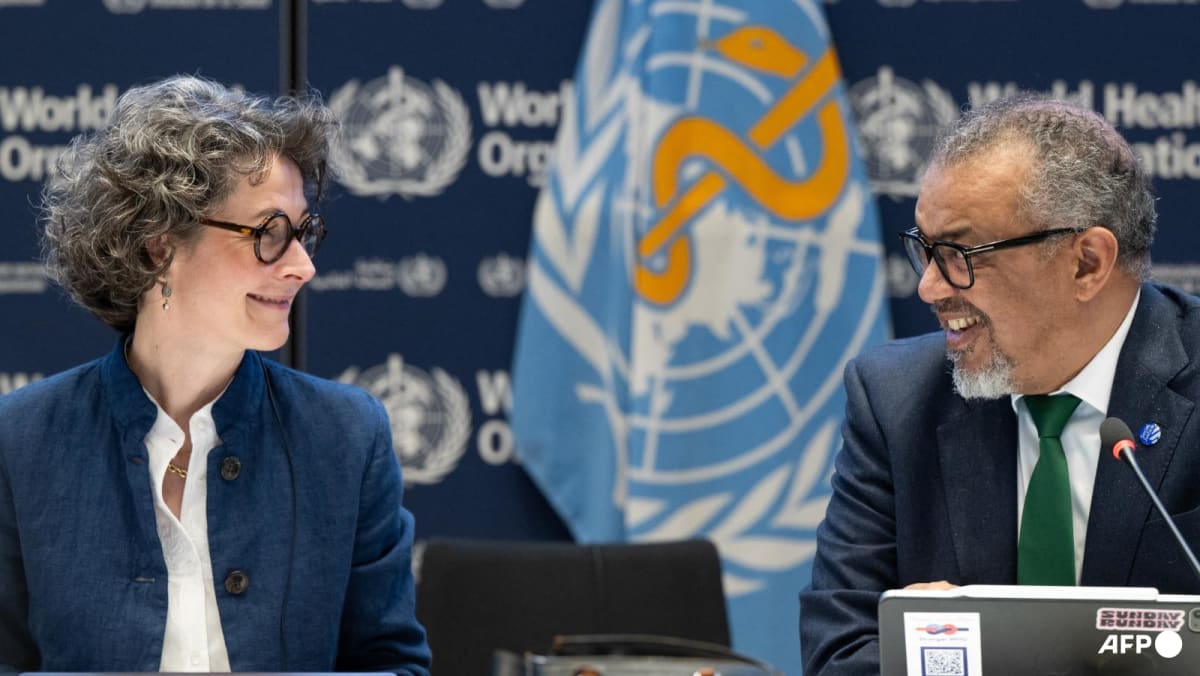World Agree on Landmark Accord to Tackle Future Pandemics

GENEVA: After years of intricate negotiations, representatives from countries around the globe have reached an agreement on a historic accord aimed at enhancing preparedness for future pandemics. This monumental decision, made early on Wednesday, April 16, at the World Health Organization's headquarters, seeks to prevent a recurrence of the widespread failures experienced during the COVID-19 crisis.
The culmination of over three years of discussions culminated in a final marathon session, where delegates, visibly fatigued yet determined, sealed the deal at around 2 a.m. local time (8 a.m. Singapore time). The atmosphere was charged with a mix of relief and accomplishment as they recognized the significance of their collective work.
In a statement underscoring the historical importance of the agreement, WHO Director-General Tedros Adhanom Ghebreyesus remarked, Tonight marks a significant milestone in our shared journey towards a safer world. The nations of the world made history in Geneva today. His words reflect the shared hope that this accord will lay the foundation for a more coordinated and effective global response to future health crises.
Five years after the COVID-19 pandemic claimed millions of lives and triggered widespread economic turmoil, the urgency of addressing new and looming health threats has become increasingly apparent. These threats include diseases such as H5N1 avian influenza, measles, mpox, and Ebola, which could potentially escalate into global crises if not adequately managed.
The final negotiations were not without their challenges, as the backdrop included cuts to U.S. foreign aid spending and the potential for new tariffs on pharmaceuticals, which created tension among delegates. These factors highlighted the complexities of international cooperation, especially in a world still grappling with the aftereffects of a global pandemic.
As nations commit to this new accord, there is cautious optimism about the future of global health governance. The hope is that by learning from past mistakes, countries can build a robust framework that ensures better preparedness and response mechanisms for any health emergencies that may arise.






















